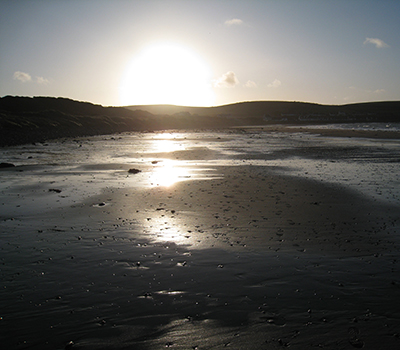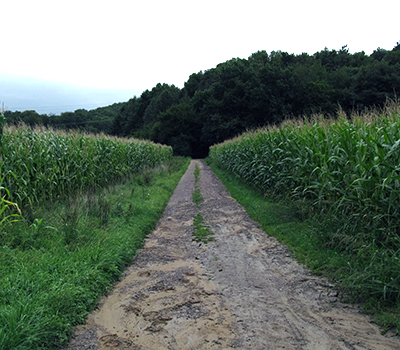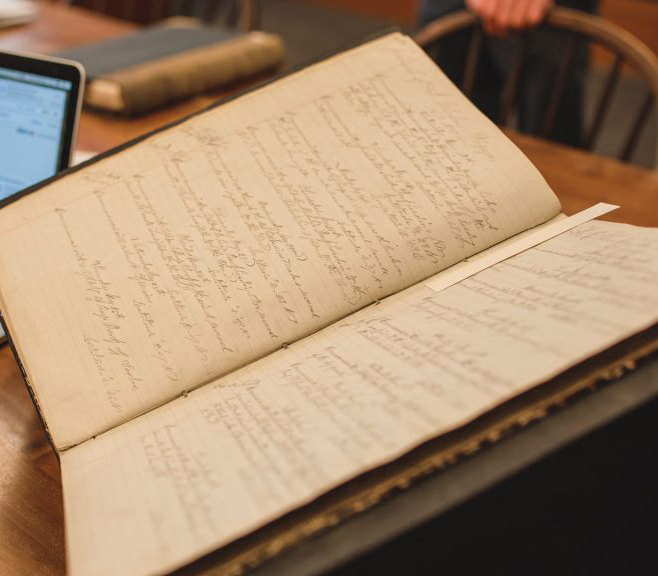Research Topics
Climate Variability and Change
Our research focuses on ocean-atmosphere interactions, variability and change across different components of the climate system, and the resulting regional impacts. In particular, we aim to develop an understanding of the underlying mechanisms of the ocean’s role in regional climate across a range of spatial and temporal scales, from individual synoptic events to seasonal, interannual, decadal variability and beyond. Research addresses both present-day climate conditions, past variability over the last millennium, as well as projected changes in a warming world.
Bridging the gap between ocean and climate dynamics and its impacts on end users is a key goal. As such, we aim to provide practical outcomes of use to stakeholders in the agriculture and water management sectors and the public.
Hydrological Cycle
Our society is becoming increasingly vulnerable to changes in the hydrological cycle. The ocean’s role in modulating past, present, and future variations in global water availability is increasingly recognized and forms the motivation for our research. It is crucial to address variations in the hydrological cycle in an integrated manner across different components of the climate system, such as ocean, atmosphere, and land, and crossing different timescales from synoptic, interannual, to decadal and beyond.
Given the much longer persistence of ocean properties, compared to the higher-frequency variability in the atmosphere, advanced understanding of links between the upper ocean and regional climate can help improve seasonal and longer term rainfall forecasts. This is a vital component for water and agricultural management as global population continues to rise and uncertainty about change persists in the water cycle in a warming world.
Historical Records
In climate research, long datasets are invaluable. They help scientists to establish a baseline of weather and climate variability, against which to measure changes over time, feed into models for sophisticated reanalysis efforts going back to the 1800s, and illuminate interactions between different components of the climate system. Unfortunately, pre-19th century instrumental data from regions beyond Europe and North America is sparse.
A growing field of scholarship addresses this gap by interpreting historical records. Historic documentation (e.g., navy, merchant, and whaling ship logbooks, colonial port records) contain untapped potential for daily, quantifiable maritime weather information. Recording atmospheric conditions in the nautical context was essential to safe travel. One of the richest troves of maritime weather information is contained in the vast archives of ships’ logs, in which officers routinely recorded weather information during their voyages. More
Climate and Ocean Models
State-of-the-art climate models represent a key tool of our research. This includes idealized sensitivity and process studies in various climate and ocean model configurations to better understand ocean dynamics, as well as ocean-atmosphere interactions and their impacts on land around the world. We also use output from large international modeling projects, such as the Coupled Model Intercomparison Projects.
It is critical to assess the fidelity of state-of-the-art climate models in representing past and present climate conditions across different temporal and spatial timescales. Developing assessment tools for climate models based on dynamic principles is a goal in many of our projects.




